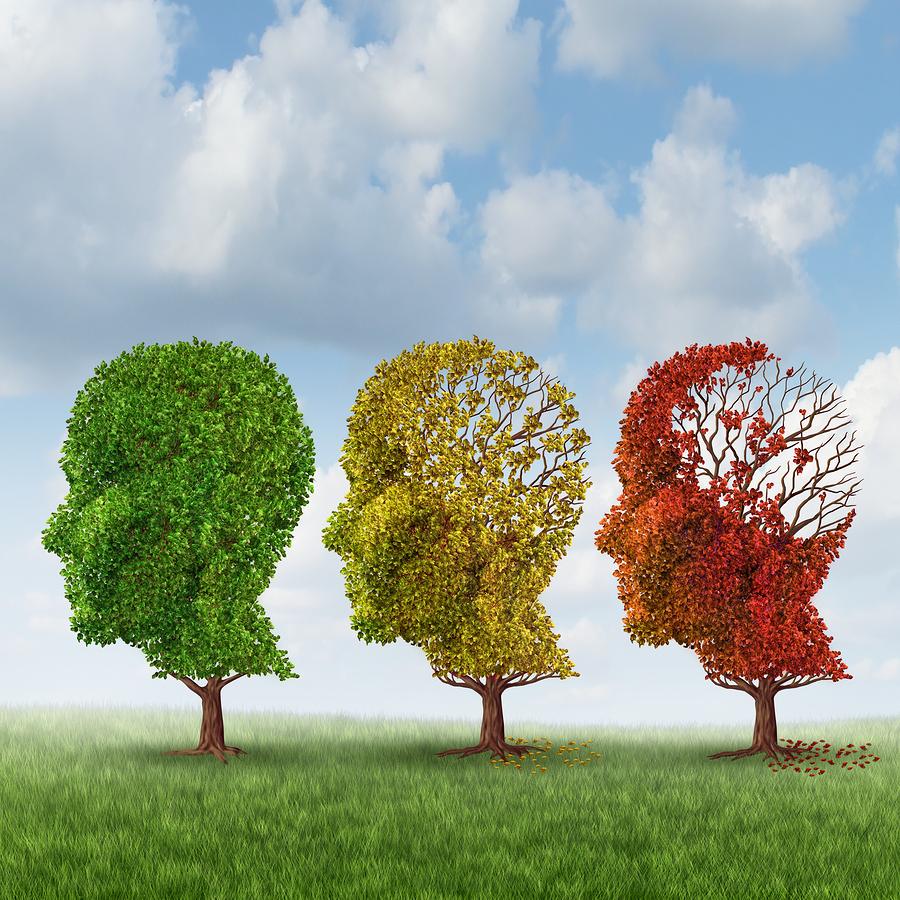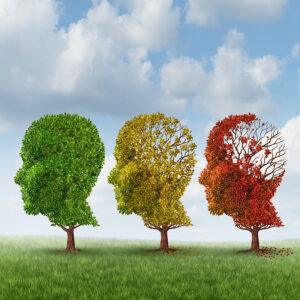Little Known Early Warning Signs of Dementia

Senior Care in Encino CA
Dementia is defined as a decline in mental ability that is severe enough to cause difficulty with activities of daily living, according to the Alzheimer’s Association. Alzheimer’s is the most common  form of dementia and vascular dementia, which occurs after a stroke is the second most common form. It is vital for home care givers or the adult children of seniors to recognize the early warning signs of dementia, as some treatments can help slow progression of symptoms.
form of dementia and vascular dementia, which occurs after a stroke is the second most common form. It is vital for home care givers or the adult children of seniors to recognize the early warning signs of dementia, as some treatments can help slow progression of symptoms.
Common Signs of Dementia
However, dementia is not a specific disease and covers a broad range of symptoms that are associated with decreased cognitive ability. Dementia occurs as a direct result of damage to brain cells, which can occur in any part of the brain and result in differing symptoms. Common dementia signs include:
- Visual disturbances or impairment
- Acute issues with memory, communication or language
- An inability to focus or pay attention
- Problems with reasoning and judgment
Little Known Early Signs of Dementia
As dementia continues to be researched and better understood, scientists are discovering that small changes that occur with age can actually be early warning signs. Some potential early warning signs include:
- Problems sleeping – In a report from the Annuls of Neurology, researchers studied a group of 1,300 women who were over the age of 75 at the time of the study. Of these women, those who had trouble sleeping or experienced weak circadian rhythms were 80 percent more likely to develop dementia than those who were active early in the day. The circadian rhythm is a natural function that occurs in many living things, including animals and people. It is how the body responds to light and darkness, triggering sleep and waking each morning. This process is vital for important cognitive functions, including making melatonin and hormone release. Abnormal circadian rhythms have been linked to health issues such as diabetes, depression and obesity, according to the National Institutes of Health.
- Walking manner – A surprising link between those who walk slowly and those who develop dementia has developed, according to the Alzheimer’s Association. Multiple studies showed that those who walk slowly may have an increased likelihood of developing dementia or other cognitive-related disorders. One of these studies showed a lesser brain volume in the elderly who walked with a slower gait, which is common among people with dementia.
- Depression – While depression can lead to many issues for the elderly, a study published in the Archives of Psychiatry found that among older adults, those who suffered from depression later in life had a 50 percent higher chance of developing Alzheimer’s disease. Among test subjects who suffered from both late and mid-life depression, the danger of developing vascular dementia increased threefold.
- Sarcasm – The Alzheimer’s Association also reports that individuals in the early stages of frontotemporal dementia or FTD have difficulty understanding sarcasm, as well as an inability to know if someone is lying. Equally surprising, research found that people with Alzheimer’s could still distinguish between a lie and the truth.
- Eating Habits – Another surprising warning sign of early dementia is eating foods that are spoiled or even eating objects that aren’t food. This occurs due to a loss of understanding and memory. For instance, a person with dementia might go into the kitchen and know they are there to eat, but forget how or what they are supposed to eat.
While no one wants to consider that their loved one could develop dementia, it is important to recognize the warning signs. Some causes for memory issues are actually treatable. Even though there is currently no cure for dementia, it is often possible to halt or slow progression of the disease with proper medical care.
If you or an aging loved one needs senior care services in Encino, CA, call Livewell Private Care at (310) 933-4986. Servicing Los Angeles, CA and the surrounding areas.
Source
http://www.alz.org/what-is-dementia.asp
http://www.nigms.nih.gov/Education/Pages/Factsheet_CircadianRhythms.aspx
http://www.everydayhealth.com/alzheimers-pictures/11-early-signs-of-dementia.aspx#06
